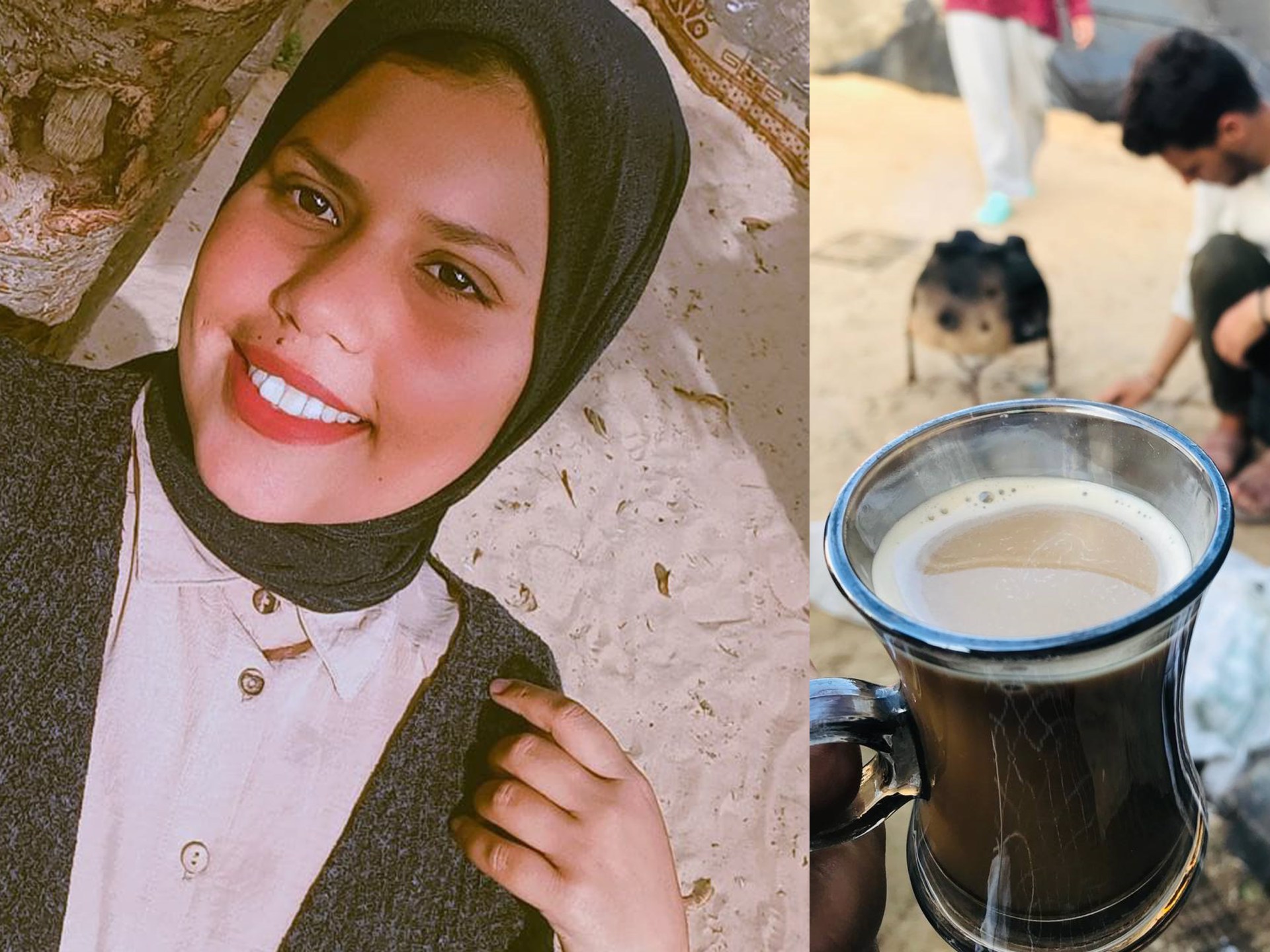A final truce has been reached. We finally can breathe a sigh of relief after 15 months of protracted genocidal war. Many of us have also had the opportunity to go back to what is left over from our previous homes.
The world appears to be tussling over who won, even though we enjoy our bomb-free time. Is Israel triumphant? Or can Hamas win the battle? Or do they win thanks to the brave Palestinians?
I am a nurse, not a pundit, so I have no answers to offer. But let me tell you, dear reader: The world should not be deceived by our survival. In Gaza, being alive does not equate to being heroic. Escaping death is not a victory. We hardly managed to escape. Palestinians in their tens of thousands did not.
The end of the world war was a circle in terms of genocide. No beginning or end, no direction were we heading in the right direction. We just kept going in a circle, every day, returning to the beginning.
Every day, every family had to go out in search of drinking water, water for washing, food and something to make a fire with – the very basics. If they were ever to be found, it would have taken hours to get all of these. Bread – what we thought was a given, a right – became a struggle to find. Families ran out of money. Aid organisations ran out of rations. At some point, even bug-infested flour and expired canned food became a luxury.
Only illness or death could have broken this circle. People would go through with the custom of grieving and burying their loved ones.
The Israeli army’s brutal killings of Palestinian children, women, and men were widely reported outside the country as images and videos of their release. However, they did not observe the chronically ill or those who had incurable diseases in their other, silent, agonizing deaths.
Without antibiotics, we had patients who died from infections. We occasionally saw kidney problems happen because dialysis was once only offered at a very few medical facilities and at some point. Although many of these deaths could have been avoided, they were not added to the total number of genocides committed.
In the alleys of the displacement camps, one would see the grieving survivors, sobbing or sitting silently. They would also go back in time after escaping death.
There was no longer room in the heart for more escape from death after so many months of collective suffering, oppression, and longing. I, like many other Palestinians, became frighteningly calm, numb.
Not that long ago, we had been filling the earth with noise, smiles and life. Our biggest hopes and dreams had been residing within us. But we could no longer recognise ourselves. We don’t compare to other people. We are not us”! we thought.
Because everyone was in the same dark place, it felt like there was no place to find comfort or no one to explain what was happening inside. The collective suffering was so great.
But the funny thing about mass pain and mass death, dear reader, is that they push you to cling onto life, despite everything – especially despite your occupier. You learned to make the most of Gaza, but everything in Gaza demanded your death.
Indeed, we are no longer us, but we are not dead. To carry on the struggle and to live longer, new versions of ourselves were created.
People would still experience satisfaction or a sense of purpose in the never-ending circle of time. I did it by going for long walks in search of coffee while volunteering as a nurse at a temporary clinic. These were my acts of defiance, of living.
I tried to see the other side of the struggle, but it was hard for me. I frequently laughed at the realization that I had finally lost the weight I had previously struggled to do with other healthy diets.
In the harsh life of a tent, I witnessed the white entangling my mother’s hair. But we had a laugh about it, too. I was aware that using these hues wouldn’t defeat her. She is the most adept at subjugating colors to fit her, and she loves them.
We have seen apocalyptic scenery as we emerge from our shelters and tents after 15 months of hell. The dead that have been rescued from under the rubble are still being counted, and only their names can be found on shoes or shirts.
I look through the destruction and I see us, the survivors. We were able to survive despite our lack of heroes, despite the fact that we are people who adore life. Dear reader, is clinging onto life a victory?
Source: Aljazeera

Leave a Reply